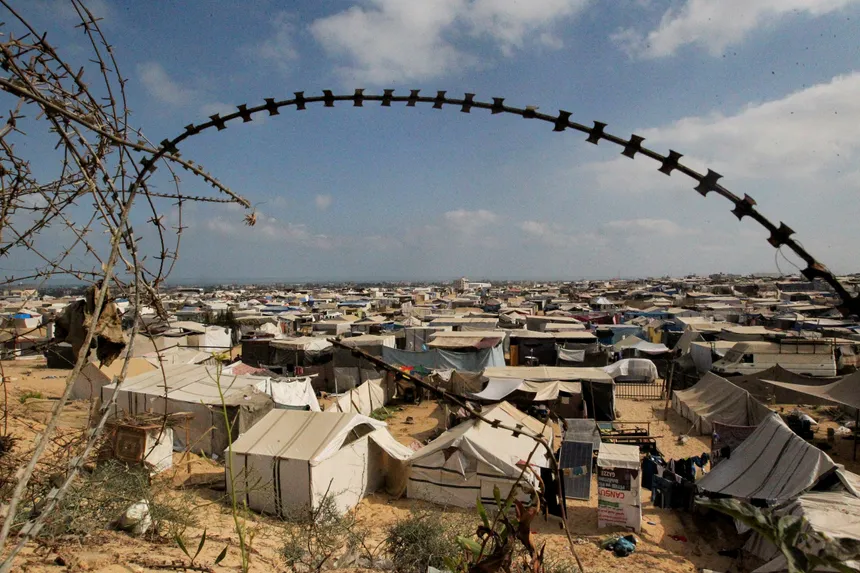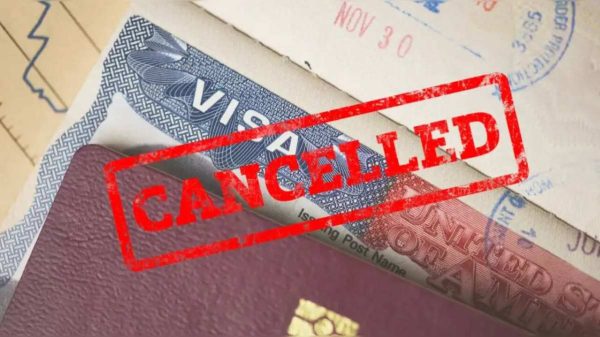Egypt has been engaged in talks with Hamas and Islamic Jihad to broker a permanent ceasefire in the Gaza Strip, where the conflict has resulted in the killing of tens of thousands, severe destruction, and the displacement of the majority of the 2.3 million Palestinian residents. The Egyptian government is proposing a multifaceted approach to achieve a lasting peace, including the relinquishment of power by Hamas and Islamic Jihad in exchange for a permanent ceasefire.
However, both Hamas and Islamic Jihad have rejected this proposal, insisting that a post-war future should be decided by the Palestinians themselves and not imposed by foreign powers. Israel, on the other hand, has demanded the destruction of Hamas and Islamic Jihad, including the dismantling of their military and governance capabilities, and the deradicalization of the Gaza population.
Egypt has also suggested a multi-stage ceasefire, with an initial temporary ceasefire lasting one to two weeks. This temporary ceasefire would allow for a humanitarian truce, during which Hamas would release captive women, children, and old men, and Israel would release an agreed number of Palestinian prisoners. In the second stage, Hamas would free Israeli women soldiers, and Israel would release another group of Palestinian prisoners. The third stage would see the release of all captives held by Hamas in exchange for an agreed number of Palestinian prisoners.
Hamas has been adamant that any ceasefire proposal must include a comprehensive end to Israeli aggression, rather than temporary truces. The group has also insisted on a prisoner swap deal that would see the release of all Palestinians held in Israeli prisons. Israel, on the other hand, has been open to another limited ceasefire but has rejected the Palestinian militants’ demands for an end to the war and withdrawal of forces from Gaza.

Egypt has been engaged in talks with Hamas
Despite the ongoing negotiations, there are no guarantees that a lasting peace will be achieved. The conflict has been marked by intense violence, and both sides have been reluctant to compromise. However, Egypt’s efforts to broker a ceasefire and establish a post-war administration in Gaza, consisting of a government of technocrats to handle relief aid and reconstruction, may provide a platform for future negotiations.
In the final phase of the proposal, Egypt is seeking to establish an Israeli withdrawal from Gaza and allow the displaced to return. This would require a significant shift in the current situation, as Israel has been reluctant to relinquish control over the territory. Nevertheless, Egypt’s efforts to broker a permanent ceasefire and establish a lasting peace in Gaza are a crucial step towards achieving this goal.











































